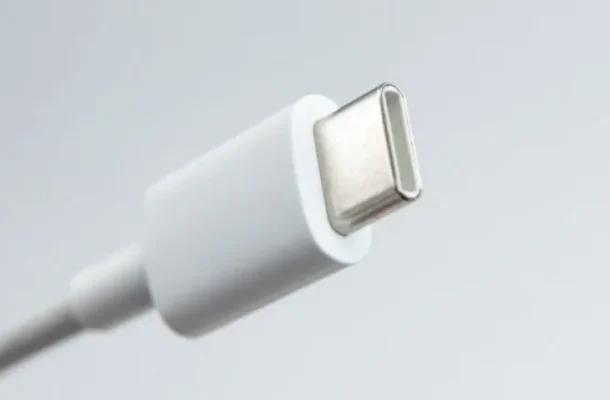Learn how to detect hacked USB-C cables, which could compromise your devices. Discover essential steps to protect your data and ensure device security.
The Hidden Threat of Hacked USB-C Cables
USB-C cables, widely used for their versatility and convenience, are a common tool for connecting devices. However, hackers have found a way to exploit these cables to gain access to computers and sensitive data. While these malicious cables may appear indistinguishable from ordinary ones, they pose a serious security risk that many users are unaware of.
USB-C Cables: More Than Just a Charging Tool
USB-C cables are essential for powering devices, transferring data, and connecting to various peripherals. However, their growing popularity has made them an attractive target for cybercriminals. Hackers can modify these cables to act as covert spy tools, potentially compromising your computer and stealing sensitive information.
The first reports of hacked USB cables emerged in 2008, but they were costly and rare. Today, these malicious cables—often marketed as "spy cables"—are more accessible and can be purchased from unreliable sources, making it even more difficult for users to distinguish them from legitimate cables.
Why Hacked USB-C Cables Are Hard to Detect
The most troubling aspect of hacked USB-C cables is that they look identical to regular cables. Unlike other hardware threats, the physical appearance of these cables offers no immediate warning signs of malicious intent. This makes it challenging for users to detect the threat simply by inspecting the cable.
While high-tech methods such as X-ray imaging or 3D CT scanning can identify malicious modifications, these options are impractical for the average consumer. Most users will not have access to these tools, leaving them vulnerable to potential attacks.
Preventive Measures: How to Protect Your Devices
Given the difficulty in visually identifying hacked cables, users must take proactive steps to reduce the risk of exposure. Here are some key precautions:
- Purchase from Trusted Sources: Always buy USB-C cables from reputable vendors or directly from manufacturers. Avoid third-party sellers or suspicious online marketplaces where counterfeit or modified cables are more likely to be sold.
- Avoid Public or Unreliable Charging Stations: Do not plug your devices into public charging stations or unknown USB ports. Hackers may install malicious cables in these locations to gain unauthorized access to your device.
- Use Original Cables: Stick to original, manufacturer-approved cables whenever possible. These are far less likely to be tampered with and provide a higher level of security for your device.
Security Solutions for Sensitive Data
For those handling highly sensitive data, such as businesses or government organizations, additional safeguards are essential. These entities often use specialized services and tools that can detect and neutralize the threat posed by hacked cables. For individuals, seeking expert advice and using encrypted devices can also enhance overall security.
Stay Vigilant Against USB-C Threats
The risk of hacked USB-C cables is growing as hackers develop more sophisticated methods of exploiting everyday technology. While these cables may seem like harmless accessories, they can pose a significant threat to your data and privacy. By following preventive measures, purchasing cables from trusted sources, and using additional security tools when necessary, you can better protect your devices from potential attacks. In an era where digital threats are increasingly pervasive, staying vigilant is key to ensuring your data remains secure.


Comments